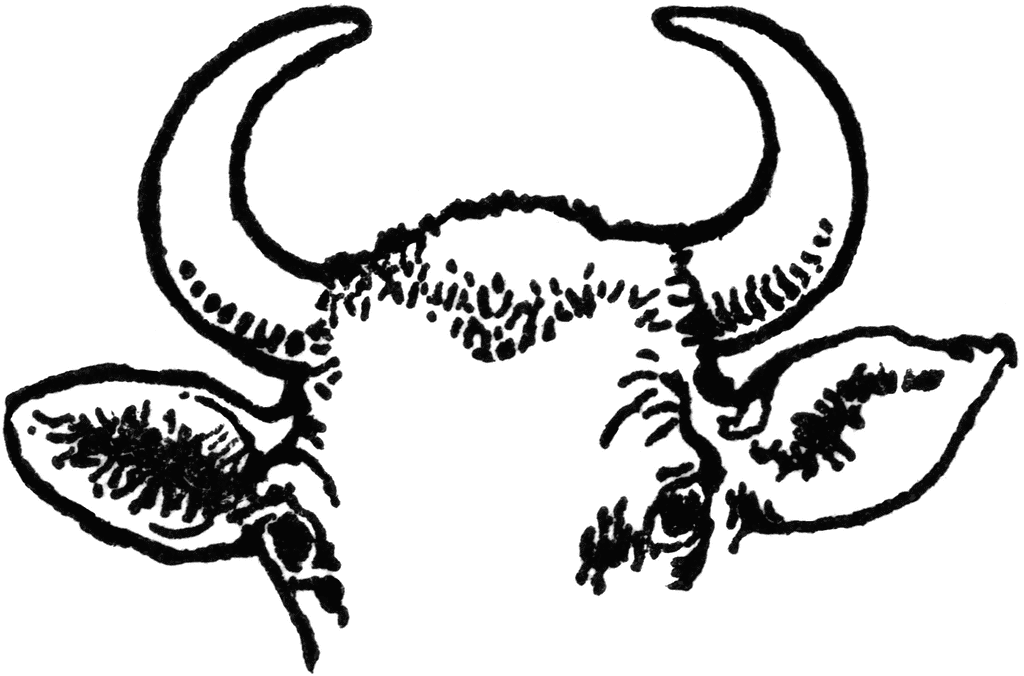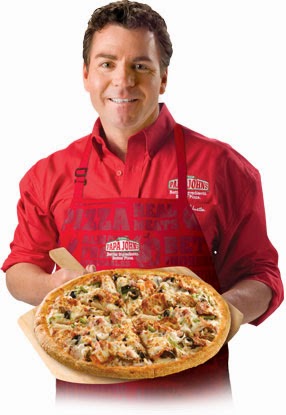In 2013, PETA announced that it has been purchasing stock in American pizza chain Papa John’s with the hope of leveraging this ownership to influence policy changes. This should concern animal allies, as grants and donations gifted to PETA are redirected into the hands of exploitative industries that systematically hurt other animals. The tactic is a questionable one, and PETA itself admits that it isn’t particularly effective in combating the company’s commitment to speciesism “Unfortunately,” it explains, “this [tactic] doesn’t guarantee that corporate bigwigs won’t dig in their heels and refuse to make simple changes.”
One of PETA’s proposed “simple changes” is the ban on dehorning which affects cows used for Papa John’s pizza products under the presumption that dehorning is unnecessary to the industry. On the surface, this seems logical enough: if it isn’t necessary and it causes harm, it should be avoided. However, this line of thinking inherently supports the notion that the vast majority of harms inflicted in this system (or, rather, the system itself) must therefore be necessary as it is not deemed worthy of PETA’s resources or attention. Certainly PETA sometimes promotes veganism, but it is not promoting veganism to Papa John’s board members.
What is more, according to this logic, PETA advises industry reform that is expected to cut costs, streamline production, and presumably increase profits. That is, PETA is targeting practices that can be dropped to the benefit of the company, while leaving untouched the system itself. The interests of the cows involved–right to bodily autonomy and life–are largely unexamined. Indeed, these benefits are soundly ignored when PETA is not just agitating for profitable reforms but also funding the system through stock purchasing. It is unclear how these “win-win” scenarios that maximize efficiency in a speciesist system are consistent with Nonhuman animal rights.
As part of this campaign, PETA is also encouraging suppliers to “breed” hornless cattle. In doing so, PETA works to the benefit of the industry (Papa John’s would save in labor and other costs by not having to dehorn), but it also eerily demonstrates support for the genetic manipulation and ownership of vulnerable bodies. The result is a very strange situation in which PETA, the largest Nonhuman Animal rights organization in the world, is poised to advise exploiters on how better to exploit. It is buying stock in a company that views Nonhuman Animals as “ingredients,” and assisting the company further by introducing smarter exploitation strategies.
Papa John’s profits off the suffering of others, and it certainly is not going to stop selling these products as long as there is customer demand, government subsidy support for “meat” and dairy products, and funding from corporate entities such as PETA. Reform-focused, pro-capitalist campaigns like this one only make the work easier.
Readers can learn more about the Nonhuman Animal rights industrial complex and its consequences for anti-speciesism in my 2016 publication, A Rational Approach to Animal Rights. Receive research updates straight to your inbox by subscribing to my newsletter.
This essay was originally published on The Academic Activist Vegan on February 28, 2013.


